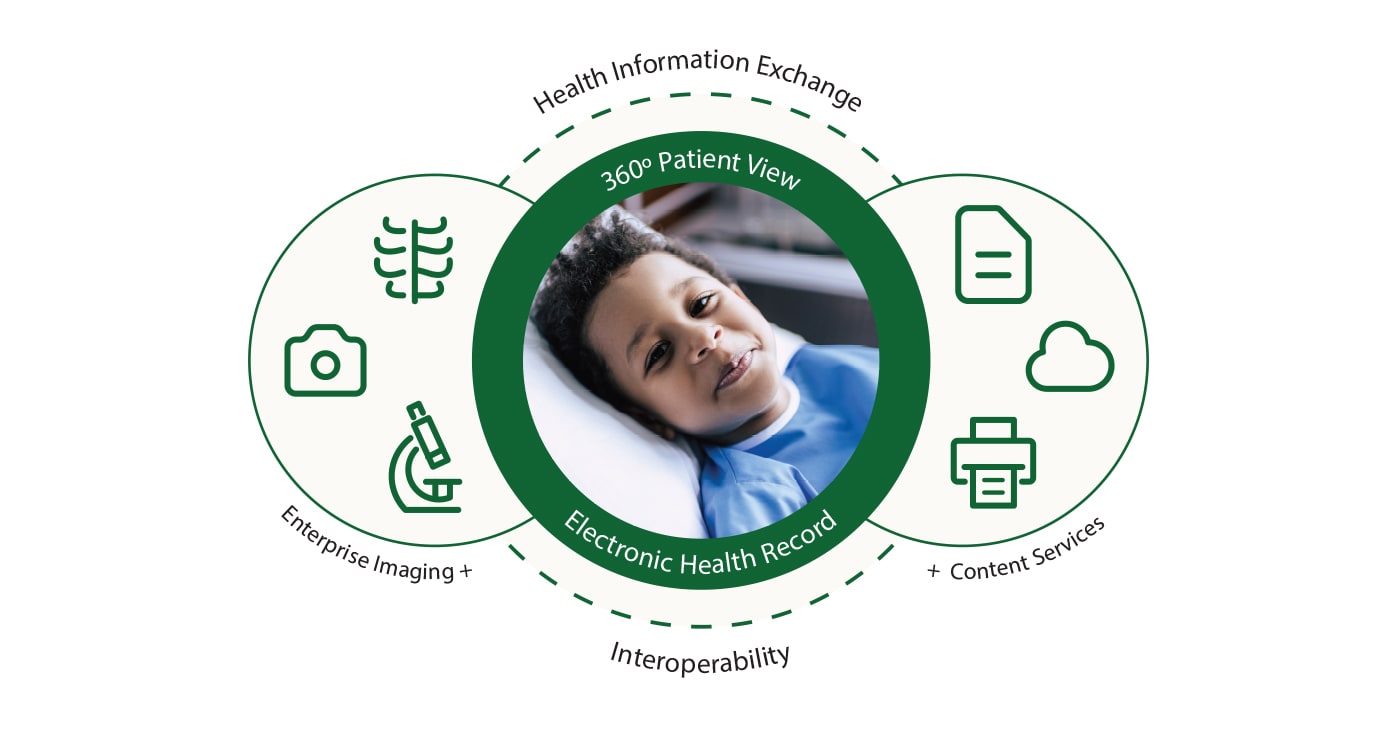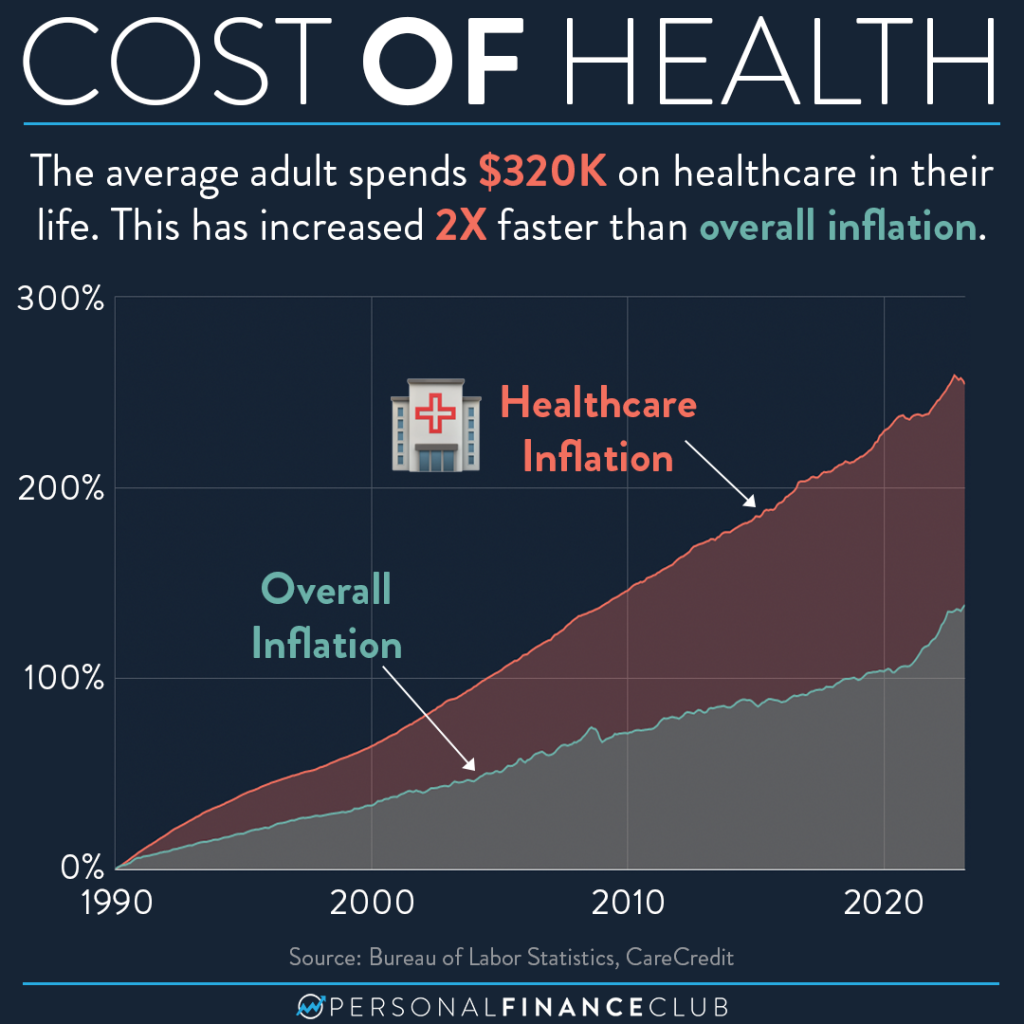Revealing the Advantages of Healthcare RCM in Improving Efficiency and Precision in Earnings Cycle Monitoring
In the swiftly evolving health care landscape, the importance of Earnings Cycle Management (RCM) can not be overstated. As health care carriers strive for accuracy and effectiveness, RCM emerges as a critical tool in improving operations, reducing errors, and enhancing economic results.
Improving Management Tasks

Furthermore, the combination of digital wellness records (EHR) with RCM systems helps with real-time data gain access to and sharing, allowing medical care specialists to make enlightened choices promptly. This interconnectedness not only improves communication between medical and administrative teams but likewise improves person complete satisfaction by minimizing waiting times and invoicing inconsistencies - Healthcare RCM. Additionally, structured management procedures enable much better compliance with governing standards, mitigating dangers connected with audits and charges
Inevitably, the emphasis on refining administrative tasks in RCM brings about set you back financial savings and improved economic efficiency. By purchasing automation and enhancing workflows, healthcare organizations can achieve an extra sustainable profits cycle, ensuring long-lasting stability and the capability to adjust to advancing sector needs.
Enhancing Claims Handling
How can health care organizations enhance the effectiveness of their insurance claims handling? By harnessing automation and advanced analytics, RCM systems enhance the complex and commonly cumbersome insurance claims processing jobs.
Moreover, real-time analytics play a crucial function in boosting cases processing effectiveness. These analytics devices offer insights right into bottlenecks and possible denials, allowing medical care carriers to resolve concerns proactively. Anticipating analytics can forecast patterns in case denials, allowing preemptive measures to mitigate them, thus reducing the moment considered claims to be refined and approved.
Additionally, the adoption of digital health and wellness records (EHR) incorporated with RCM systems guarantees seamless information circulation, minimizing redundancies and enhancing the accuracy of details sent in claims. A constant comments loop promoted by RCM systems even more refines the process, fostering constant enhancement.
Eventually, by leveraging technology-driven remedies in claims processing, medical care companies can improve operational efficiency, improve cash circulation, and supply a smoother experience for people and team alike.
Decreasing Monetary Mistakes
Accurate financial monitoring is important in health care, where minimizing monetary mistakes can considerably affect operational success. Monetary mistakes, whether due to incorrect payment, coding mistakes, or mismanagement this of individual accounts, can lead to significant profits loss and stretched connections with payers and patients. Addressing these errors is critical to preserve a health care company's economic wellness and improve its track record.
Health Care Profits Cycle Management (RCM) plays an essential role in minimizing such mistakes through structured processes. By executing standardized treatments for payment, coding, and collections, health care companies can ensure that economic purchases are managed with precision. Comprehensive training for personnel on existing coding policies and invoicing techniques also decreases the possibility of mistakes, making sure cases are correctly processed and compensated.

Furthermore, detailed audits and regular financial testimonials within the RCM framework enable for the very early discovery and correction of inconsistencies. Making sure precision in individual information access and verification even more mitigates mistakes, as this is usually a main resource of mistakes. By concentrating on these calculated areas, health care organizations can minimize financial mistakes, thereby securing their income streams and boosting overall functional efficiency.
Leveraging Advanced Technologies
In today's swiftly progressing healthcare landscape, leveraging advanced modern technologies is crucial for enhancing Income Cycle Management (RCM) procedures. By incorporating sophisticated options such as expert system (AI), equipment discovering (ML), and robotic procedure automation (RPA), healthcare companies can considerably enhance the effectiveness and precision of their RCM operations. These innovations aid in enhancing recurring tasks, minimizing hand-operated errors, and allowing faster processing of cases.

Moreover, the integration of blockchain technology improves information protection and transparency within RCM (Healthcare RCM). It makes certain that sensitive details is secured while keeping an unalterable document of purchases. This is essential for developing depend on with stakeholders and more tips here people
Boosting Financial Performance
Structure on the effectiveness acquired via advanced innovations, health care providers can significantly improve their monetary efficiency by fine-tuning their Revenue Cycle Management (RCM) methods. By enhancing payment processes, reducing insurance claim rejections, and boosting cash money circulation, healthcare institutions can achieve much better monetary stability.
Additionally, information analytics within RCM systems supply valuable insights into operational bottlenecks and financial trends. By leveraging these insights, healthcare suppliers can make enlightened choices to boost economic outcomes, such as adjusting billing practices or renegotiating payer contracts. Improved precision in coding and documents further decreases claim rejections and audits, fostering a smooth revenue cycle.
Additionally, person involvement tools integrated within RCM platforms boost patient satisfaction by providing clear invoicing info and flexible payment options. This openness not only enhances patient-provider relationships but also encourages prompt settlements, minimizing impressive balance dues.
Final Thought
Healthcare Earnings Cycle Administration considerably optimizes performance and precision by improving administrative jobs and improving claims handling. With the reduction of economic mistakes and the integration of innovative innovations such as AI and predictive analytics, RCM assists in conformity with invoicing codes go to my blog and offers beneficial insights right into economic trends. This organized method not just minimizes prospective claim rejections but likewise boosts monetary efficiency, thus cultivating count on and openness with clients and stakeholders within the medical care system.
As health care service providers aim for accuracy and efficiency, RCM emerges as a pivotal tool in streamlining operations, lessening errors, and improving economic outcomes.Enhancing management jobs in health care earnings cycle monitoring (RCM) provides significant benefits by improving functional efficiency and decreasing the problem on team.Medical Care Revenue Cycle Management (RCM) plays a critical function in lessening such mistakes with structured procedures.In today's rapidly developing health care landscape, leveraging innovative modern technologies is important for enhancing Profits Cycle Administration (RCM) procedures.Building on the effectiveness obtained via innovative modern technologies, medical care carriers can substantially enhance their monetary performance by refining their Revenue Cycle Management (RCM) techniques.